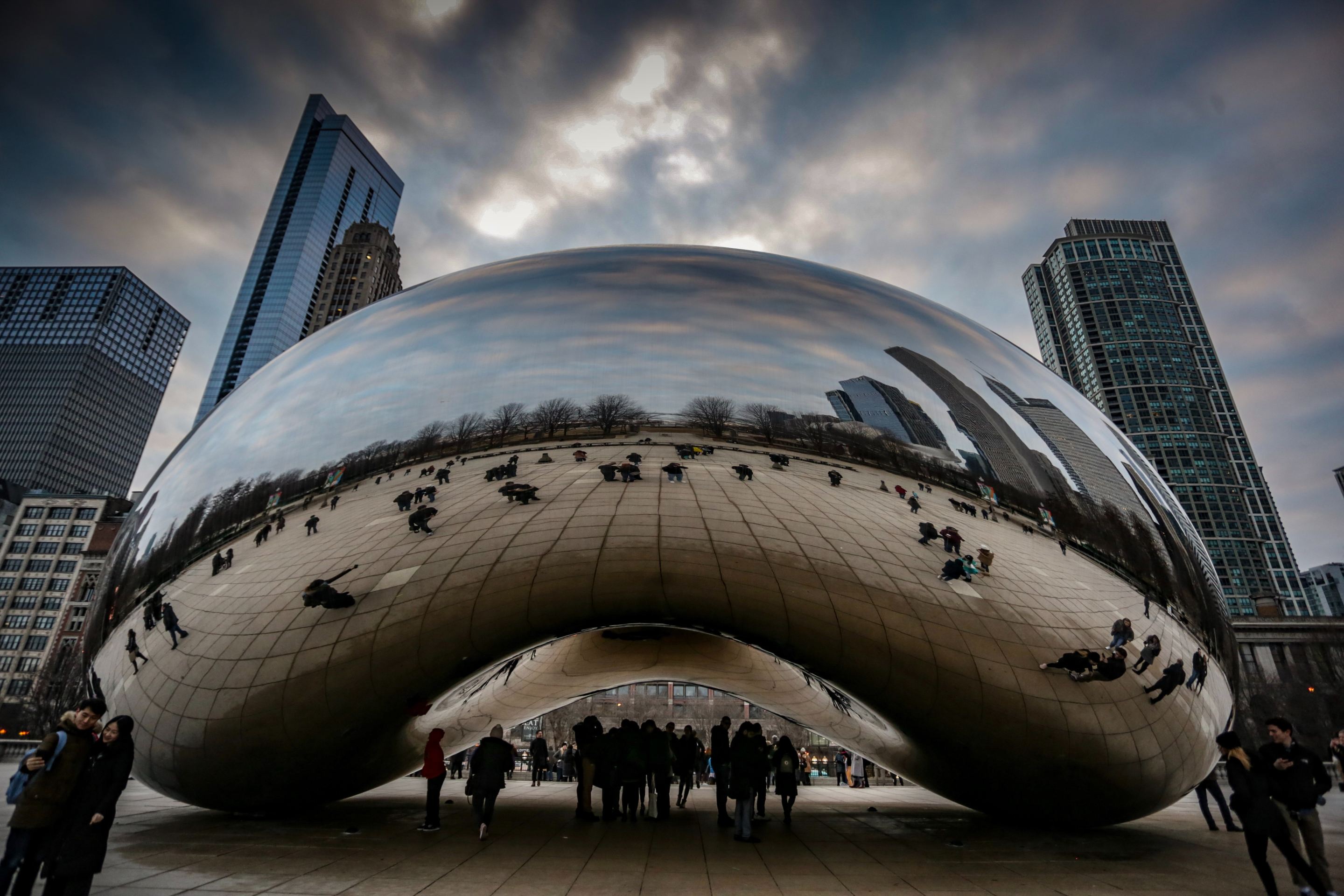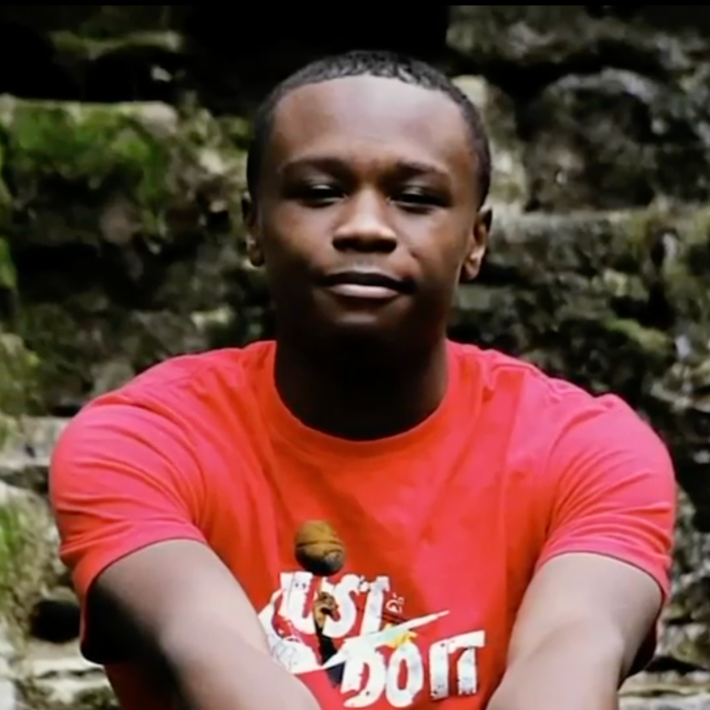I sometimes think about how different my life would have been if I had grown up in Chicago instead of my hometown of Little Rock, Arkansas. If quality transit had been an option, my parents might have saved a lot of money by not buying me a car. I think of all the experiences I could have had in a larger urban environment that just weren’t available in my mid-sized Little Rock, which is less than one-thirteenth of the population of Chicago.
There’s so much potential for cities to be welcoming spaces for people of all ages. But in the wake of a mass gathering of young people last Saturday in Millennium Park, which tragically culminated in the shooting death of Seandell Holliday, 16, Mayor Lori Lightfoot decided to to criminalize teens for the simple act of hanging out unaccompanied by an adult in a public park. The event was the second of two recent meetups organized on social media that involved hundreds of young people converging on public spaces, also including a gathering at North Avenue Beach last Wednesday.
On Sunday Lightfoot announced that unaccompanied minors (people under 18) will no longer be allowed in Millennium Park after 6 p.m. between Thursdays and Sundays. In a press release about the ban, Lightfoot stated the “new policy will be strictly enforced and violations will be dealt with swiftly,” and that the city will ensure the new policy is explained at Chicago Public Schools. Today the mayor announced that she is lowering the existing, little-enforced citywide weekend curfew for minors from the current 11 p.m. to 10 p.m.
I can’t help but think of all the money and resources that will be spent to keep youth out of Millennium Park that could be better spent on youth programming downtown or in disinvested neighborhoods. There’s no doubt a number of teens will be arrested and charged with violating the ban. How does arresting youth for the “crime” of independently navigating Millennium Park benefit that child or our city as a whole?
ACLU of Illinois swiftly denounced the Millennium Park ban. "The mayor’s announcement suggests that our city’s showcase park should not be available for all residents of Chicago," director of communications and public policy Ed Yohnka said in a statement to WTTW. "Curfews and bans create group culpability for all young people — whether they are there to enjoy the sights and sounds of downtown or something else. The vague description — relying on an undefined 'responsible adult' – allowing young people to be present in the park and the promise of strict enforcement will result in unnecessary stops and arrests and further strain relations between CPD and young people of color."
Lightfoot spent $281 million in federal COVID relief funds on police overtime, including crackdowns on the 2020 racial justice protests. Given the mental health crisis adolescents were and are experiencing during the COVID-19 pandemic, a better use for that money could have been for mental health support for adolescents, among other things.
In a city that chooses to criminalize teens for simply spending time in a public park, Black and Brown youth will disproportionately bear this burden, given that the Chicago Police Department was found to be plagued by widespread racial bias by the U.S. Justice Department. Policies like the one Lightfoot instituted, banning unaccompanied youth from Millennium Park, will add to the mental health burdens youth of color face. Teens will correctly see the policy as yet another sign they are not welcome downtown. Instead of shutting youth out of public spaces, we need to be designing more public spaces around them, and investing in resources that will help them thrive.






